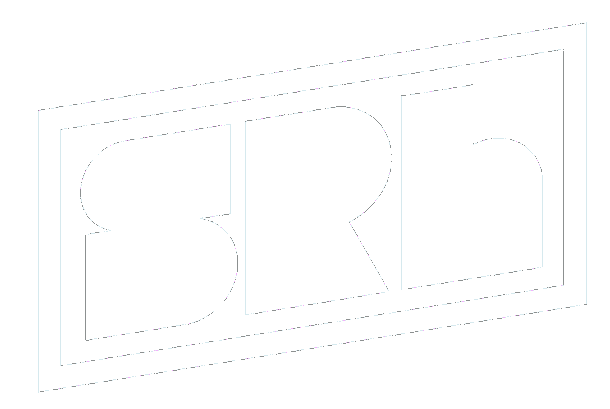There’s no crying in baseball, but there are biz lessons …
I love coaching Little League. Over the years, it’s so rewarding seeing our boys learn the game and improve their skills. But it’s even more rewarding watching them grow as friends and teammates.
I was fortunate to attend this year’s annual American Baseball Coaches Association convention in Chicago. Hearing major league, college and high school coaches talk about how they manage and lead accountable teams was inspiring.
Instantly I was reminded that what these coaches were sharing is the type of team we have here at SRH.
In addition to the dozens of seminars and breakout sessions, each ABCA attendee has been given a copy of the book: Bochy Ball! The Chemistry of Winning and Losing in Baseball, Business, and Life. Developing real, accountable and successful teams takes effort. But, as leaders, there are practical things we can all do to strengthen each of our personal and professional teams. In this book, they boil it down to three simple categories:
Culture – Chemistry – Character
In this first of a three-part series, l highlight some definitions of CULTURE and key takeaways that exemplify the things SRHers work towards with each other and with our clients.
What is culture?
Culture is the force that determines “the way we do things around here”, particularly when no one is looking. It says: “This is what we believe. This is how we think about our business. This is how we feel about what we do and who we do it for.” Culture is what those beliefs look like when we live them out loud.
Great cultures summon people to come to play a role in something big.
In marketing (and in life and baseball), leaders know when to change strategy and tactics, but when it comes to core values that drive culture, their message is consistent—and repetitive.
Three tips for creating a championship culture (And, yes, we do these with our little leaguers):
Involve the people you serve in making what you do better. Give them ownership. Listen to their ideas and reward them for participating. This is where the magic happens. (If you want people to think big and act bold, make it safe and okay to fail.)
Always be ready to measure, reward, align and penalize in order to defend your culture.
Don’t deliver a product or service. Deliver a positively outrageous, never-to-be-replicated, unforgettable and benevolent experience.
I’ll leave you with this question: “Is the culture of your team intentional or accidental?”
If you don’t know, ask these questions to your team:
How do we want people to feel about working here?
How do we want them to describe how we do things?
What values are inherent in our answers? How does that apply to our brand?
In what ways will we measure, reward, punish or enforce this culture?

